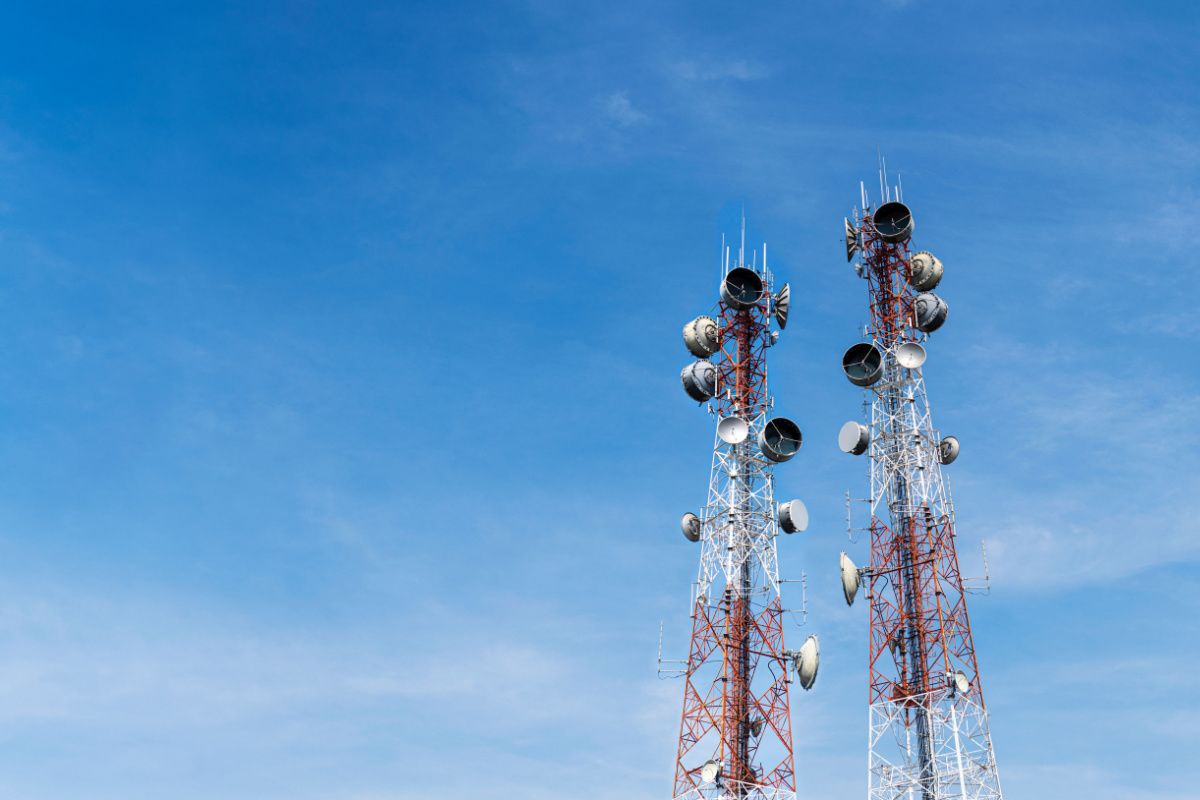Since its launch in 2019, the use of cellular 5G has grown significantly across industries including manufacturing and automotive. So much so that Sony Ericsson predicts 5G subscriptions will reach 4.4 billion by the end of 2027. Designers are enjoying the benefits of bandwidth and throughput of the new cellular generation, but some wireless firms are already looking to the next; 6G. But what is cellular 6G, and is it really the future of cellular connectivity?
What is 6G?
6G is the envisioned future successor of the existing 5G cellular network. It is in the research phase of development, with no official specifications or announcements made for when (or if) it will arrive. Nethertheless, established cellular firms such as Samsung and Vodafone have published information of their prospective ideas surrounding the future technology of 6G within the next decade or so.
6G in of itself is suspected to exhibit extreme upgrades of speed, throughput and bandwidth compared to the recently established 5G cellular network. From Samsung’s own whitepaper on the topic of 6G, they have predicted the adoption of Terahertz (THz) frequency bands (0.1 - 10) with throughput that could exceed 1000 Gbps at a tenth of the latency of 5G. This immense increase of throughput and bandwidth could pave the way for demanding technologies to enter the forefront, such as communicating vehicles that enable full automation on a global scale.
What are the possible challenges of 6G?
It is easy to get excited about the potential of 6G for modern technology, but there is one glaring hurdle that currently cements it in the research stage; connectivity and reliability. 5G already faces challenges of connectivity range on mmWave bands when compared to its predecessors. The proposed THz bands of 6G will likely exhibit sub-millimetre waves with extremely poor penetration and range, requiring dedicated solutions to be practically implemented. THz even suffers from molecular absorption from water vapour in the atmosphere, making it extremely difficult to integrate on its own.
5G-advanced - the real future of cellular
It is obvious that 6G is far away, especially as 5G is still in its infancy and has yet to reach its potential as a cellular network. The real future of cellular technology that device designers can look forward to is with 5G-advanced. Announced in mid 2021, 5G-advanced represents an upgrade to existing 5G networks that is reminiscent of 4G LTE.
The specific enhancements surrounding 5G-advanced include intelligent network automation, power consumption optimization, and increased data rates. These features and more are to be achieved via the widespread use of MIMO technology that uses arrays of antennas to amplify data speeds, connectivity range and more. Nevertheless, 5G-advanced is still in its infancy, but will soon bring tangible and improved capabilities to a wide range of industries and applications.
Be prepared for the future of 5G
Even considering its distant arrival, 6G presents a new world of cellular connectivity that is being presented by the cellular giants of the market (Samsung, Vodafone, Nokia). That said, its technological hurdles are clear and cement its eventual release as an event to happen in at least a decade. For now, the future of cellular technology lies with 5G-advanced and the range of enhancements it can bring to a range of devices.
In order for your wireless device to be ready to utilise the enhancements of 5G, you need the right cellular antenna solution for your device. Antenova provides a range of 5G antennas for different specifications, device sizes and applications. Moreover, we have a full integration hub so that you can find the perfect antenna solution for your device.




